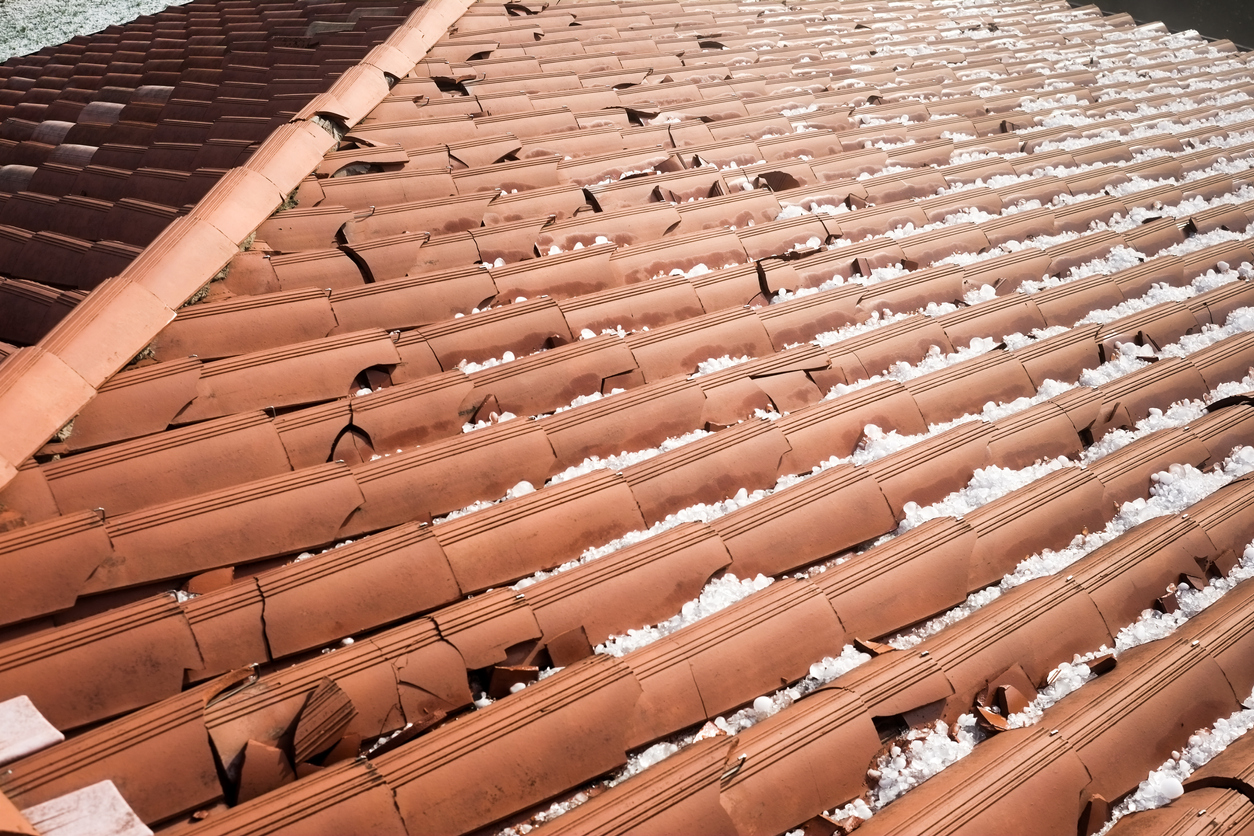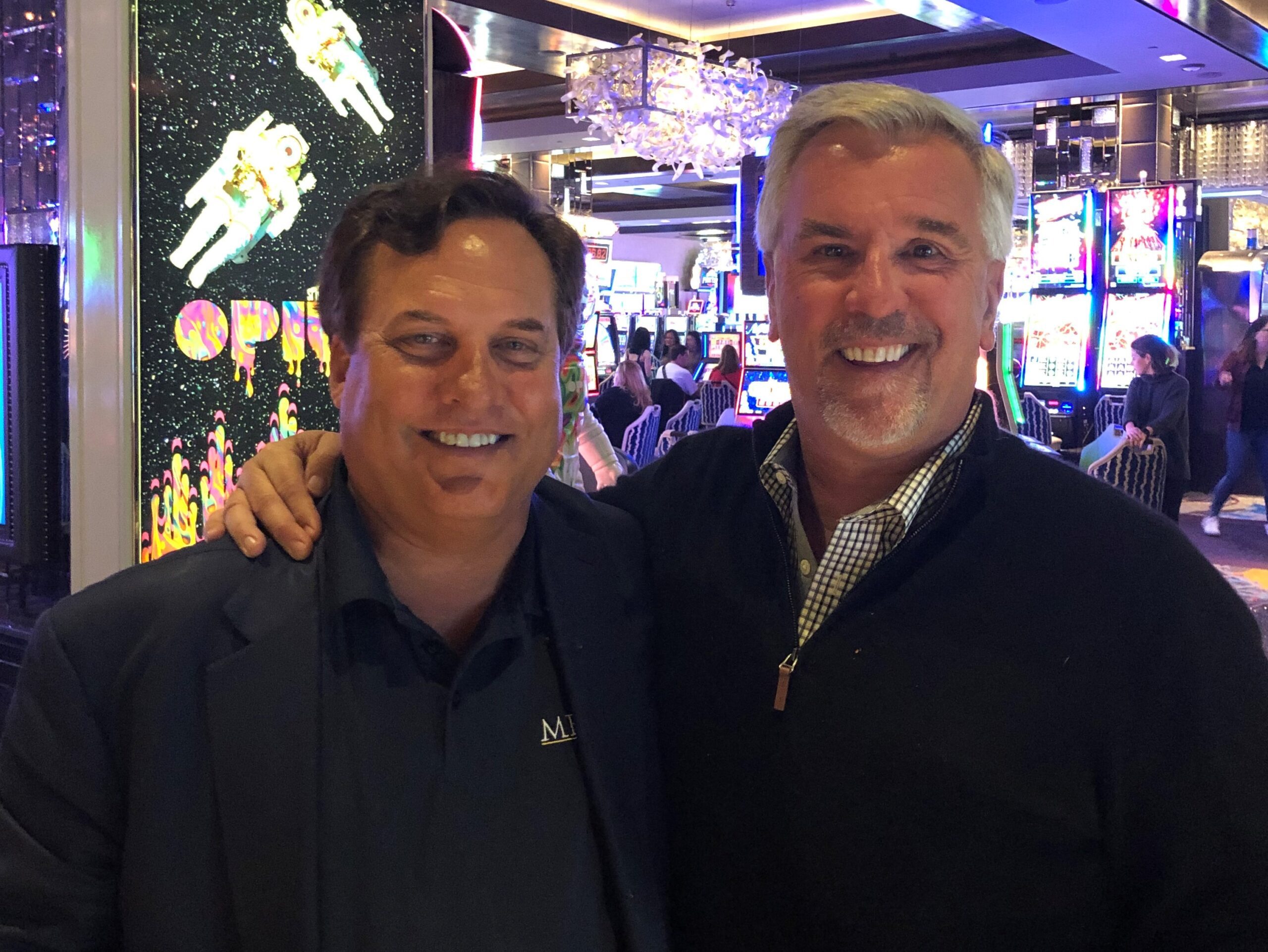Insurance companies owe their insureds a duty to fully and fairly investigate a property loss, which includes a comprehensive inspection to identify all damages associated to the claim. Unfortunately, insurance adjusters will sometimes utilize an “any port in the storm” style reason to deny a claim; the adjuster cannot point to a specific tangible basis for denial, instead relying on a hypothetical justification. In that situation, the adjuster’s denial stands in paradox to the insurer’s duty to investigate a claim.
In Corrigan v. Liberty Insurance Corporation,1 the insureds received an any port in the storm denial reason. The insureds claimed their concrete tile roof was damaged and leaking as a consequence of the infamous May 8, 2017, Colorado hailstorm. A Liberty adjuster inspected the property, but without investigating the source of the leaking, they documented finding “’no storm-related damage to concrete tile on dwelling roof’ and that interior damage … was ‘due to wind-driven rain possibly around low roof valley and around a plumbing stack.’”2 Effectively, Liberty blamed a speculative other culprit for the loss without definitively explaining why the hail storm had no role in the damages.
Subsequently, the Corrigans examined their roof and informed Liberty that they personally had identified hail damage to their roof and provided photos of the additional alleged damage. Liberty re-inspected the insureds’ roof and found broken roofing tiles, but again did not investigate the leaking source. The insureds maintained the damages warranted roof replacement and repair of the leaks. The insureds filed a lawsuit claiming Liberty adjusted their claim in bad faith, as they believed Liberty did not complete a full and fair investigation. In return, Liberty filed a motion for summary judgment claiming that it had provided appropriate coverage and it had not adjusted the claim in bad faith.
The Federal District of Colorado denied Liberty’s motion:
[T]he Court agrees with the Corrigans that … a lay jury [could] conclude that Liberty acted unreasonably when it received a claim that a previously sound roof was leaking after a major hailstorm and it never investigated the cause of the leak, but instead developed a theory that presumed an already-deteriorated underlayment.
Liberty reasoned that it had offered to hire a structural engineer to examine the roof, but the court denied this argument as well:
But that offer came in November 2017, about six months after the Corrigans filed a claim. If a reasonable jury were to conclude that Liberty’s initial reliance on theory, rather than investigation, was unreasonable, then Liberty’s about-face six months later is not relevant to liability.
The Corrigan claim stands as a good reminder for insureds that they have a right to hold their insurance company accountable to complete a comprehensive inspection of their loss. Ultimately, adjusters must base a claim denial on a tangible, non-theoretical, rationale. As the Corrigan court noted,
[A]s to common-law bad faith, failure to properly investigate [an insurance claim for property damage] is a viable cause of action—assuming proof of the other elements of the claim, and of relevant damages—even if it turns out that the policy does not cover the loss.
_______________________________
1 Corrigan v. Liberty Ins. Corp., 2020 WL 1939743 (Dist. Colo. 2020).
2 Id.




